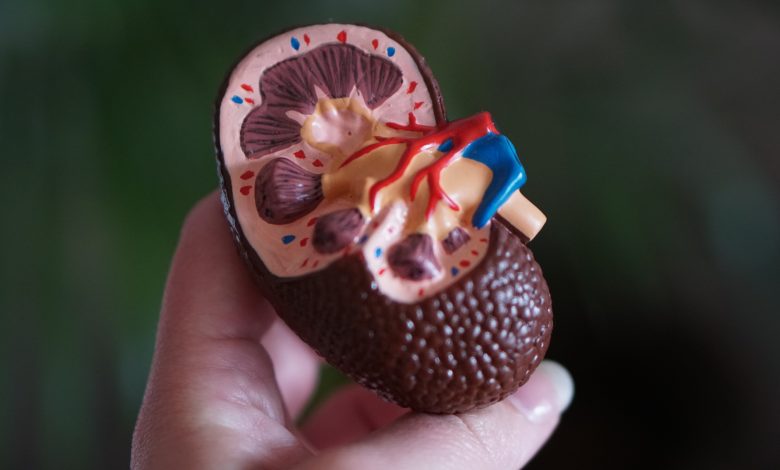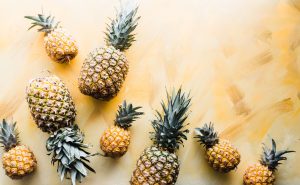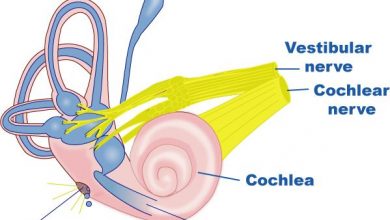List of Nutrients that you Must Take if you are Conscious for your Kidney Health

You might have often heard from people with kidney disorders, what vitamins are good for kidneys? This is a question that would be answered in detail in this article. To exactly know which nutrients would work for your kidney health, it’s our job to be familiar with which nutrients one should avoid too.
Although sodium, potassium and phosphorus are vital nutrients, an excessive amount of them could worsen one’s kidney disorder. Some might be familiar with sodium, as it’s commonly used in food preparation, a mineral found in salt (sodium chloride). To properly regulate kidney disease, excessive amounts of sodium/salt should be avoided. Don’t use more than 300 mg in food. One shouldn’t go near foods such as pork chops, burgers, steaks, nuggets, lunch meats, hot dogs, pork chops, canned soup, ham, sausage, etcetera. Undoubtedly, potassium could prove to be equally harmful if it develops in the bloodstream. Try to avoid fruits, milk, meat, and vegetables loaded with potassium. Subsequently, potassium-rich food includes winter squash, pumpkin, dried beans, prune juice, bananas, orange, honeydew, Swiss chard, kale, spinach, cooked greens, etcetera.
Patients with kidney disorders should try to avoid food containing phosphorus due to its detrimental effects on health. Prevent all kinds of dairy foods, Brussels, granola, wheat cereals, greens, broccoli, mushrooms, dried beans, and some drinks, including beer, for boosting kidney health.
List of nutrients for maintaining kidney health
Here is a list of all the important nutrients for maintaining kidney health. You could consider an adequate amount of nutrients mentioned below by observing your kidney health.
1. Olive oil

Olive oil is a great option for people with the disease, as it’s a healthy source of fat and phosphorus-free. Kidney patients should keep olive oil on their main list, as it’s high in calories, which would help in keeping weight on. Olive oil is a healthy choice for cooking for kidney patients. Most fat in it is monounsaturated fat with anti-inflammatory properties, which remains constant in extreme temperatures.
Note: An olive oil of 13.5grams contains 0mg phosphorus, 0.1 mg, and 0.3 mg sodium.
2. Radish
A radish consists of a high vital nutrient, with a low amount of phosphorus and potassium. This red coloured crunchy vegetable (an antioxidant) is known to minimise the risk of heart disease, as it’s a great source of vitamin C.
Note: A sliced radish of 58 grams contains 12 mg phosphorus, 23mg sodium and 135mg potassium.
3. Turnips
A turnip is a healthy choice and a perfect alternative for higher potassium loaded vegetables for kidney patients. Turnip contains a healthy level of vitamin C, manganese, and fibre with vitamin B6. Turnips could be eaten in various ways such as via boiling, cooking or simply through slicing.
Note: A cooked turnip 78grams contains 20 mg phosphorus, 138mg potassium, and 12.5 mg of sodium.
4. Pineapple

Pineapple is the best replacement for many sultry fruits, i.e., kiwis or banana. It is a delightful fruit, which is, fortunately, lower in potassium. Additionally, it contains other healthy nutrients i.e, bromelain, vitamin C, manganese, and fibre.
Note: Pineapple of 165 grams contains 13mg phosphorus, 180mg potassium, and 2mg sodium.
5. Bulgur
Bulgur is another amazing replacement for higher levels of potassium and phosphorus included in whole grains. It includes a handsome amount of manganese, iron, magnesium, and vitamin B, which is important for kidney patients. An adequate intake amount of bulgur (a wheat grain) would be the best fit for keeping healthy kidneys.
Note: A bulgur of 91 grams contains 36 mg phosphorus, 62mg potassium and 4.5mg of sodium.
6. Cabbage
Cabbage is a powerful plant compound, which contains a nice amount of minerals, vitamin-C, vitamin-B, and vitamin-K. It is a tasty vegetable when properly used in cooking. Additionally, it helps in adding bulk to stool, promotes regular bowel movements, which keeps one’s digestion system healthy (as cabbage provides an insoluble fibre). This crunchy, healthy vegetable is a wonderful alternative for several vegetables with high sodium, phosphorous, potassium and sodium levels.
Note: A cabbage with 70grams contains 18 mg of phosphorus, 119 mg of potassium and 13 mg of sodium.
7. Macadamia nuts

Macadamia nuts are a delectable option for people who couldn’t consume other forms of nuts. Because of the higher level of nutrients which could be detrimental for kidney patients. Macadamia nuts consist of manganese, iron, copper, magnesium, vitamin-B and healthy fats in it, which is healthy for kidneys too.
Note: Macadamia nuts of 28 grams consist of 53 mg of phosphorus, 103mg potassium and 1.4 mg sodium in it.
Take away
Kidney patients’ choice of food matters. It’s wise to consult a doctor before munching on any food i.e., fruit, vegetable, meat, dairy products or drinks. Refrain from food loaded with sodium, potassium and phosphorus for retaining kidney health. Nutrients like olive oil, macadamia nuts, pineapple, reddish, turnip, cabbage and bulgur should be on your ‘to eat’ list.





